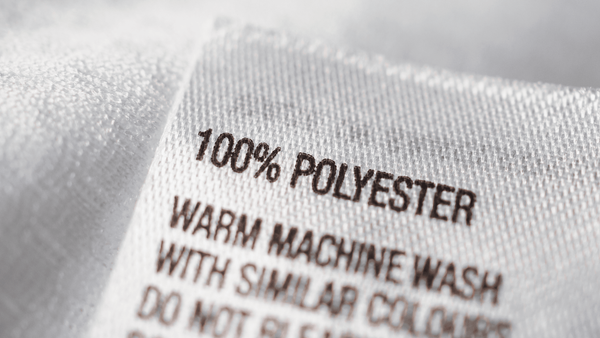THE GREAT EGG ROBBERY: How Big Egg Corporations Are Exploiting American Farmers
Contract egg farmers receive pennies while corporations make billions. Learn how industry consolidation and predatory contracts create a system that harms farmers and consumers.

Contract egg farmers receive pennies while corporations make billions. Learn how industry consolidation and predatory contracts create a system that harms farmers and consumers.
What You'll Learn in This Article:
- How much egg farmers actually earn from each carton you buy
- How corporate consolidation in the egg industry has harmed independent farmers
- Why egg prices soared despite minimal production impacts from avian flu
- The exploitative contract terms farmers must accept to stay in business
- What alternatives exist for more equitable egg production
- How your egg-buying choices can support a more just food system
That $5 carton of eggs in your grocery cart represents one of the most brazen corporate consolidation schemes in America's food system.
But the true victims aren't just consumers — they're the farmers trapped in exploitative contracts with egg conglomerates amassing record-breaking profits while paying producers pennies.
The Pennies-Per-Dozen Reality
SHOCKING FACT: When you pay $5 for a dozen eggs, contract farmers receive just 26.75 cents — only 5% of the retail price and barely a penny more than they received a decade ago.
Documents obtained from a Cal-Maine contract farming family revealed they receive just 26.75 cents per dozen eggs they produce. These farming families report making less net income today than when they began their operations due to skyrocketing input costs.
As one Cal-Maine contract farmer explained: "We are getting 26.5 cents a dozen, and we are on duty 24 hours a day, seven days a week, 365 days a year."
They estimate needing at least a 6.5 cent per dozen increase just to match the income they received when they started — an adjustment Cal-Maine has refused to make despite record profits.





